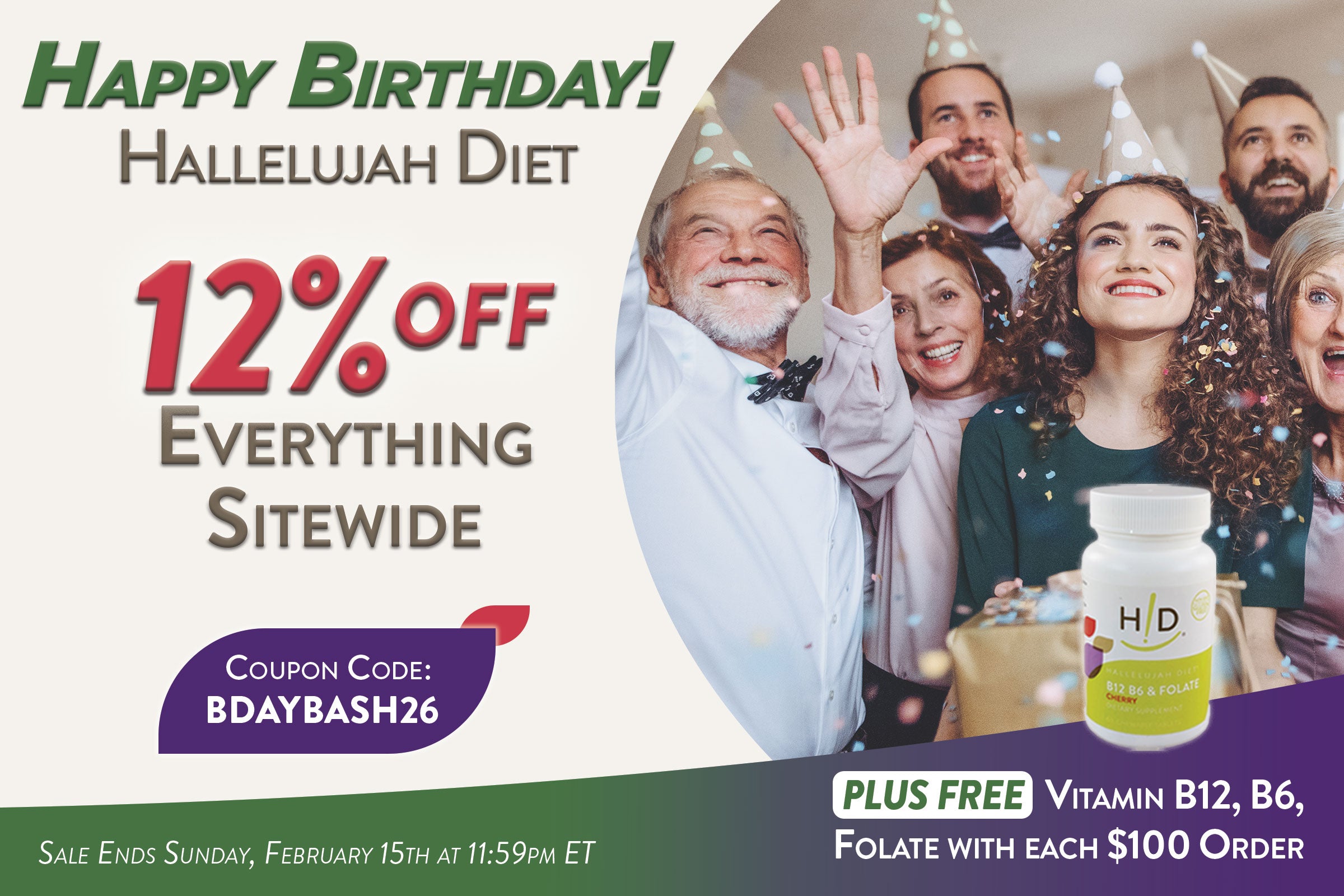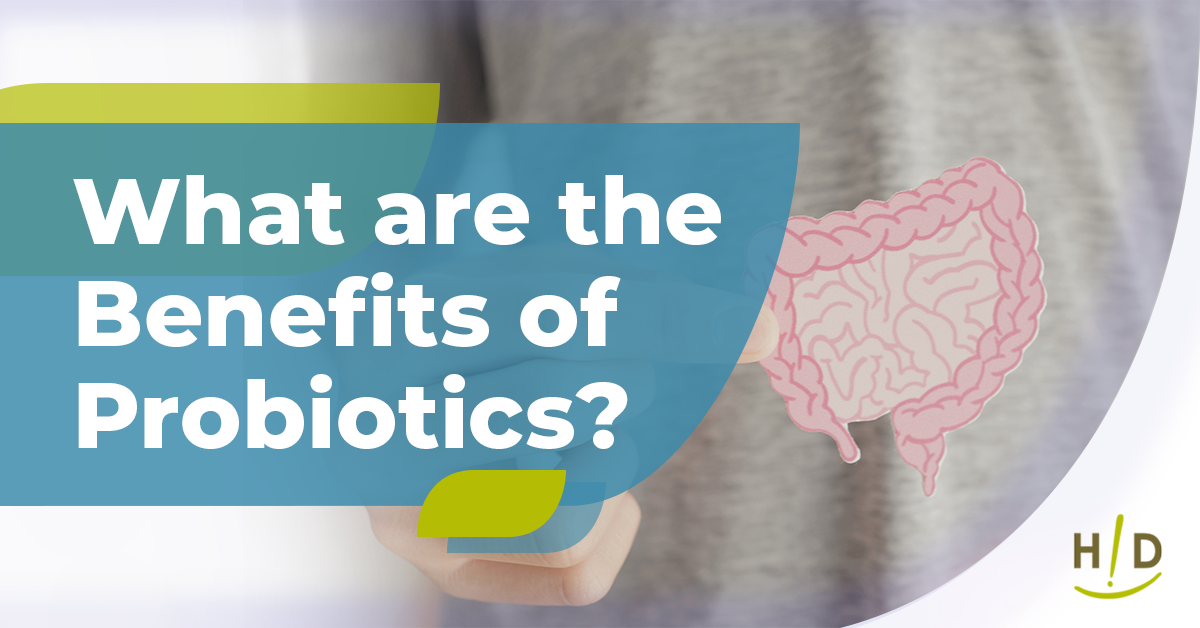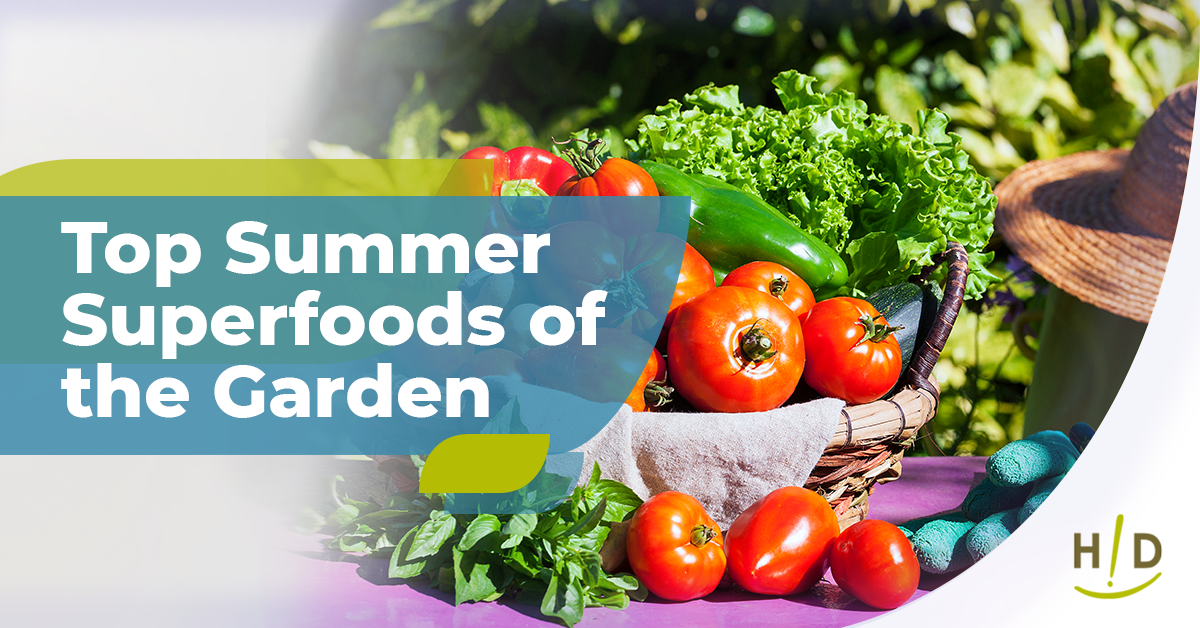Probiotics have taken the spotlight in healthful foods over the past few years and with excellent reasons. These microscopic organisms can become powerful assistants against many inflammatory digestive conditions, help support our immune systems, and are even an essential part of our mental health. These symbiotic microorganisms aren't new, however. They've always been part of us, literally! They live within our GI system and even over the surface of our skin. For many thousands of years, we've consumed these beneficial microbes in the form of cultured or fermented foods. It's only recently that science has begun to understand and explore the profound effects these microbes have on our overall health and is still learning!
What are probiotics? What are the benefits of probiotics? What raw food sources are rich in them, and why should you add them to your diet?
What Are Probiotics?
Probiotics are bacteria. Many of us may immediately think of the disease-causing germs responsible for many illnesses when we hear that word. However, not all bacteria are harmful bacteria. Many bacteria are, in fact, beneficial. Take, for example, bacteria such as Bifidobacterium, Lactobacillus, and Acidophilus, to name a few. These three bacteria are vital in promoting a healthy gut microbiome. The gut microbiome is the world of microorganisms (about 100 trillion of them) that live inside our gastrointestinal tracts and where 80% of our body's immunity lies. Probiotics are essential because they promote healthy digestion and support the body's ability to fight pathogen invasion and infection while helping to synthesize, break down, and absorb critical nutrients. When we experience an imbalance of probiotics in our gut, this can wreak havoc on a surprising number of our functions—including our mental health. 95% of our serotonin (the feel-good hormone) is produced in the gut, meaning if your gut isn't healthy, even your mind can experience adverse symptoms along with your physical body. Sources most commonly recognized high in probiotics are fermented foods and yogurts. Probiotics can also be found within dietary supplements and beauty products.Are Prebiotics and Probiotics the same?
Prebiotics and probiotics are not the same, although it can be easy to confuse them.- Probiotics are the living, active strains of bacteria that add to the population of good bacteria in your body, such as that found in certain foods or supplements.
- Prebiotics are specialized substances acquired from carbs (mostly fiber) that humans cannot digest, but the beneficial bacteria in our guts can. Prebiotics are like rocket fuel to our existing probiotic bacteria, boosting their growth and benefits to us.
Benefits of Taking and Eaten Vegan Raw Foods with Probiotics
Ensuring that you're adding enough good bacteria to your diet isn't as outlandish as it may sound, as it is estimated that 100 trillion microorganisms representing more than 500 different species inhabit every normal healthy human bowel! Gut-dwelling bacteria can help keep pathogens in check, aid digestion and nutrient absorption, contribute to immune function and mental health. Different strains of probiotics have other effects. For example, one strain of probiotics may help fight cavity-causing organisms within our mouths and doesn't need to survive a trip through our guts to be beneficial. Scientific research has been promising when it comes to the benefits of probiotics. While ongoing research continues, probiotics may be useful in the prevention and treatment of:- Diarrhea
- Irritable bowel syndrome
- Ulcerative Colitis
- Chron's disease
- H.pylori (the cause of ulcers)
- Urinary tract infections
- Recurrences of bladder cancer
- Infections of the digestive tract caused by Clostridium difficile
- Pouchitis (possible side effect of a surgery that removes the colon)
- Eczema






